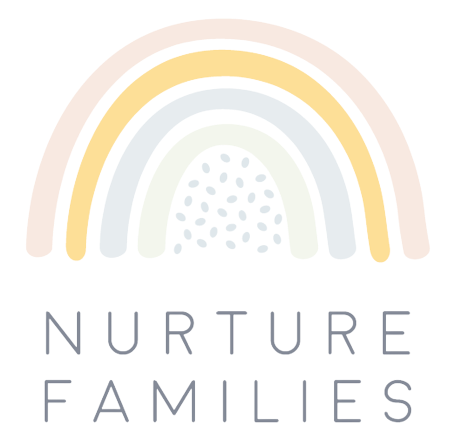Quality Early Childhood Programmes Work
The first five years of a child's life are a period of rapid brain development. It is an age of opportunity like no other. Decades of research have proven that early education and other programmes during early childhood are a wise investment. Economist James Heckman has demonstrated that early interventions can break the cycle of poverty for multiple generations. Parents do better. Children do better. And when those children become adults, their children also do better.
0
We reached 1000+ children through our direct service and through our professional development programmes
0
We reached 190+ professionals through our professional development programmes
0
We reached 1020+ parents through our direct service and through our outreach and professional development programmes
The Research that Proves Early Childhood Matters
The earlier the investment, the greater the return. Comprehensive Early Childhood programmes that start at birth strengthen families and society.
01
Start Early to Build a Healthy Future
This paper explores the link between early education and children's health. Overall, early intervention and early education and care programmes can successfully support young children’s healthy development.
02
Lifecycle Benefits of Early Childhood Programmes
Heckman and colleagues find 13% Return On Investment for comprehensive, high-quality, birth-to-five early childhood programmes.
03
Young Children Develop in an Environment of Relationships
Babies’ development is strongly influenced by their experiences of the world. These are shaped by their parents or caregivers. Parent-infant relationships are vitally important.
Children Who Experience Quality
Early Childhood Programmes
"Investing in early childhood development is good for everyone – governments, businesses, communities, parents and caregivers, and most of all, babies and young children..."
- World Health Organisation, World Bank and UNICEF
The first five years of a child's life are the most significant for healthy development and long-term outcomes. The experiences and relationships formed during this time of rapid brain development are the 'active ingredients' for a child's future prospects.
Yet, this critical period is in jeopardy for many children. Children from disadvantaged families are more likely to start school unprepared to learn than their more economically advantaged peers - the achievement gap. On top of this we have compounding wider factors that are impacting children's future learning and success.
From far-reaching impacts of the Covid-19 pandemic, families now face a spiraling cost of living crisis and widening social inequality. Social isolation, food insecurity and national funding cuts to family support services mean Early Childhood is in crisis.
We can change the course for our youngest children. Quality Early Childhood programmes help address long-standing and acute injustices in our communities, and are a proven solution to breaking intergenerational poverty.
This is why Nurture Families is working to close the achievement gap, to build a society where all children have a responsive and nurturing relationship to enable them to live a safe, healthy and prosperous life. We do this by providing and championing Early Childhood programmes for children and their families before birth and throughout the first five years of life.
Yet, this critical period is in jeopardy for many children. Children from disadvantaged families are more likely to start school unprepared to learn than their more economically advantaged peers - the achievement gap. On top of this we have compounding wider factors that are impacting children's future learning and success.
From far-reaching impacts of the Covid-19 pandemic, families now face a spiraling cost of living crisis and widening social inequality. Social isolation, food insecurity and national funding cuts to family support services mean Early Childhood is in crisis.
We can change the course for our youngest children. Quality Early Childhood programmes help address long-standing and acute injustices in our communities, and are a proven solution to breaking intergenerational poverty.
This is why Nurture Families is working to close the achievement gap, to build a society where all children have a responsive and nurturing relationship to enable them to live a safe, healthy and prosperous life. We do this by providing and championing Early Childhood programmes for children and their families before birth and throughout the first five years of life.



